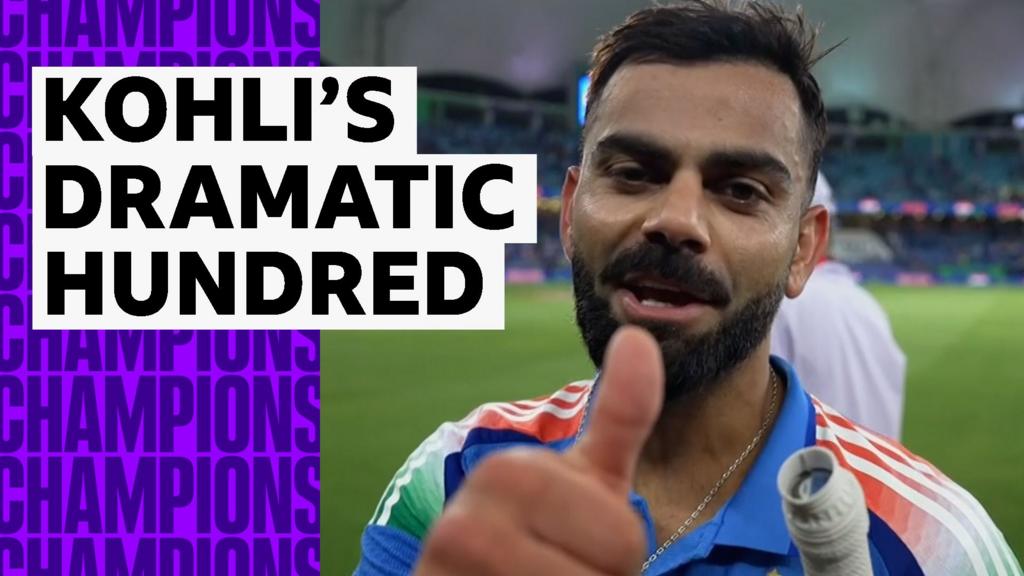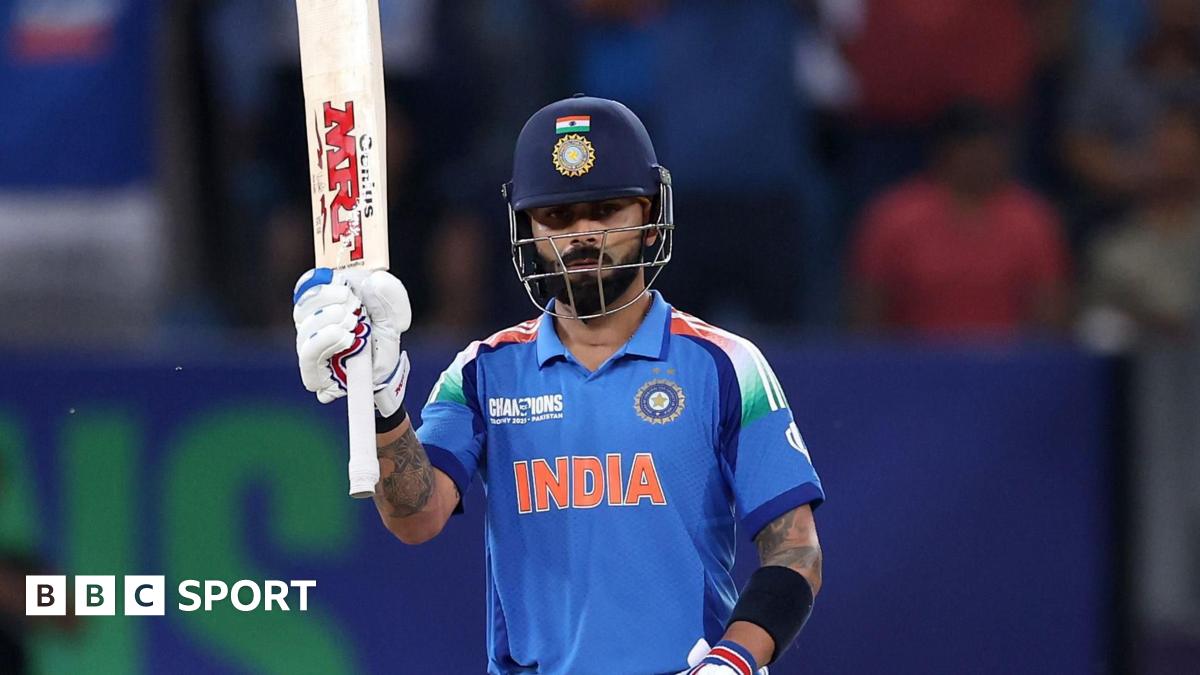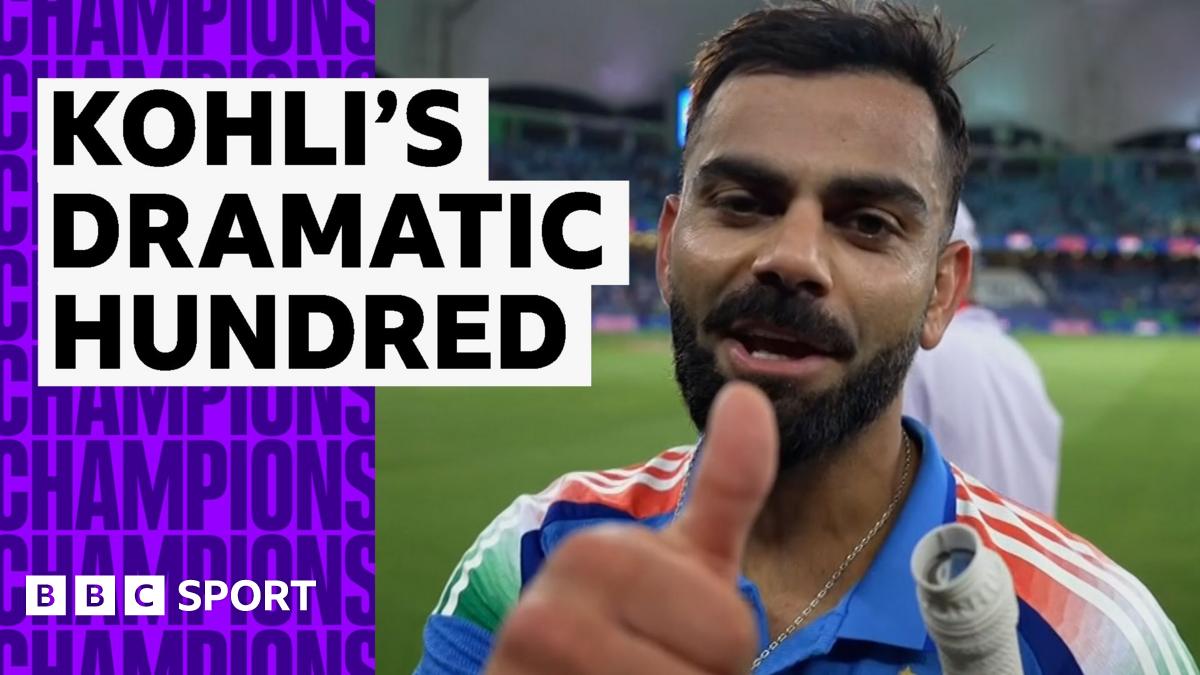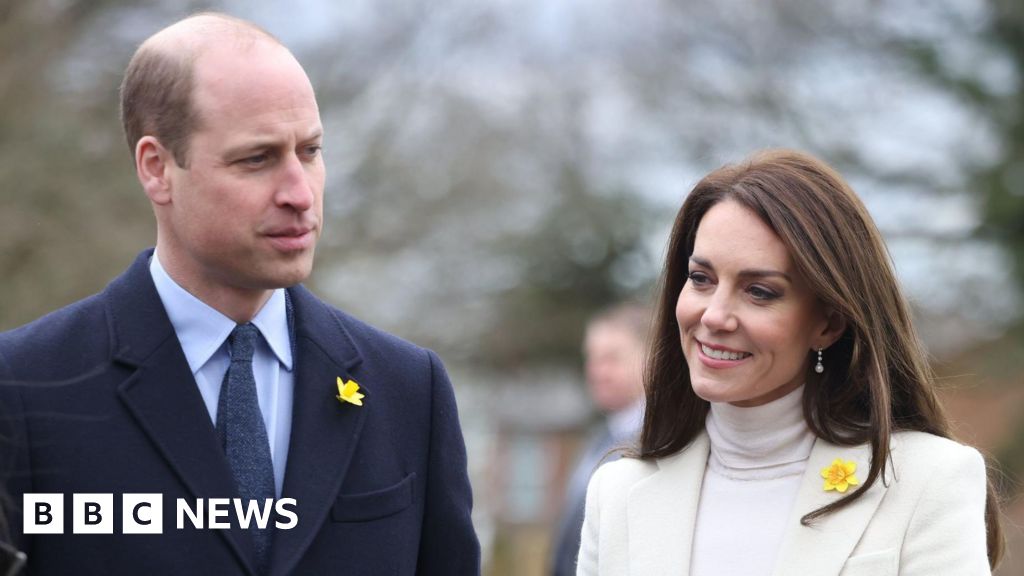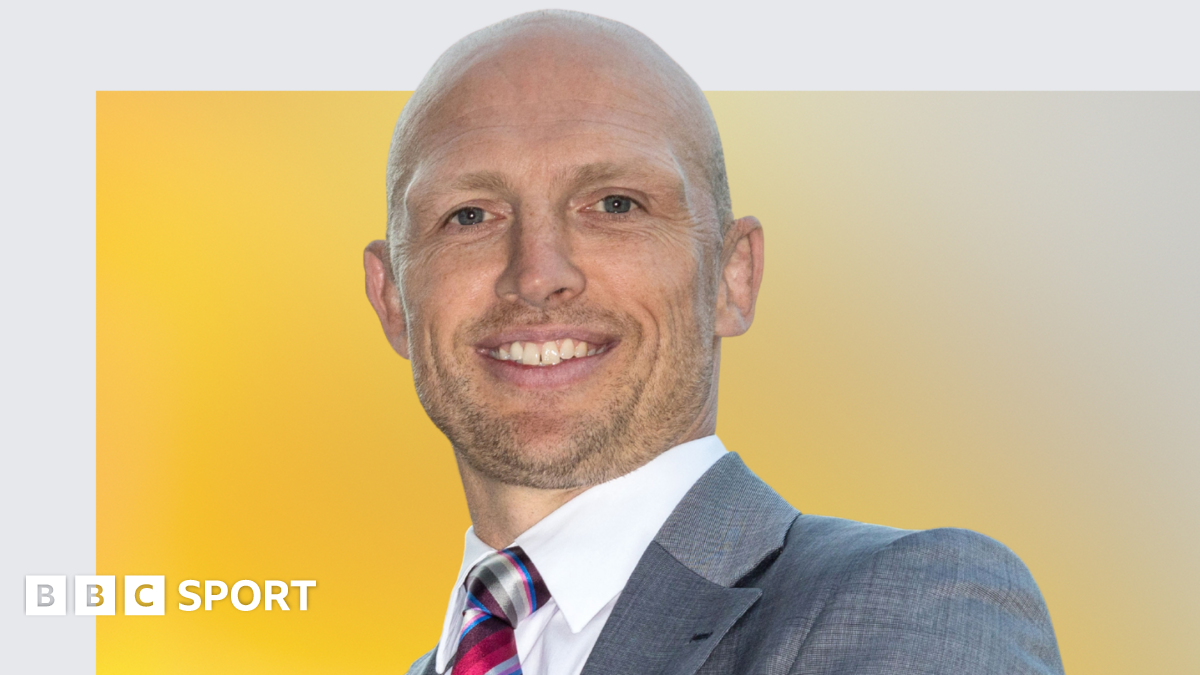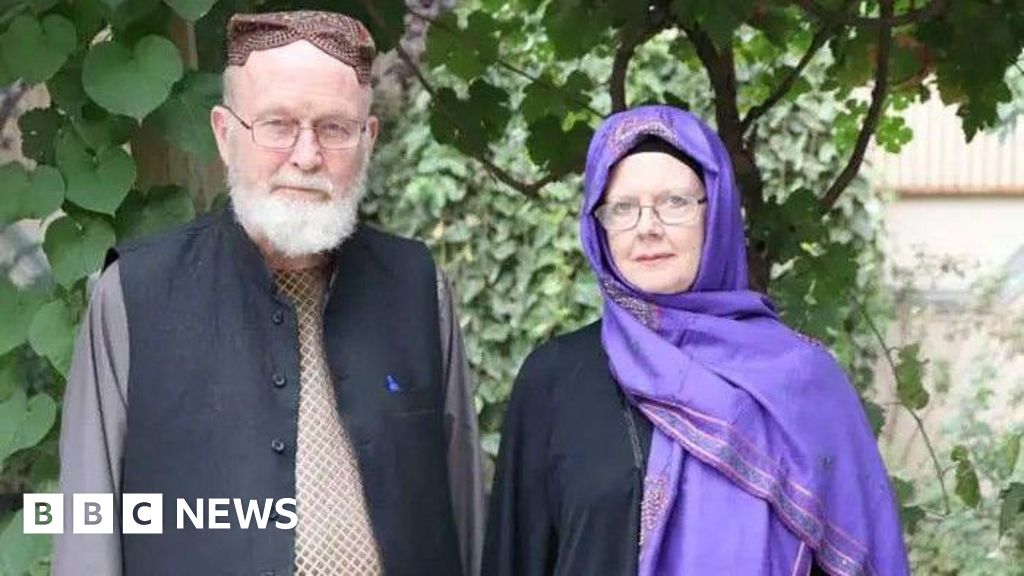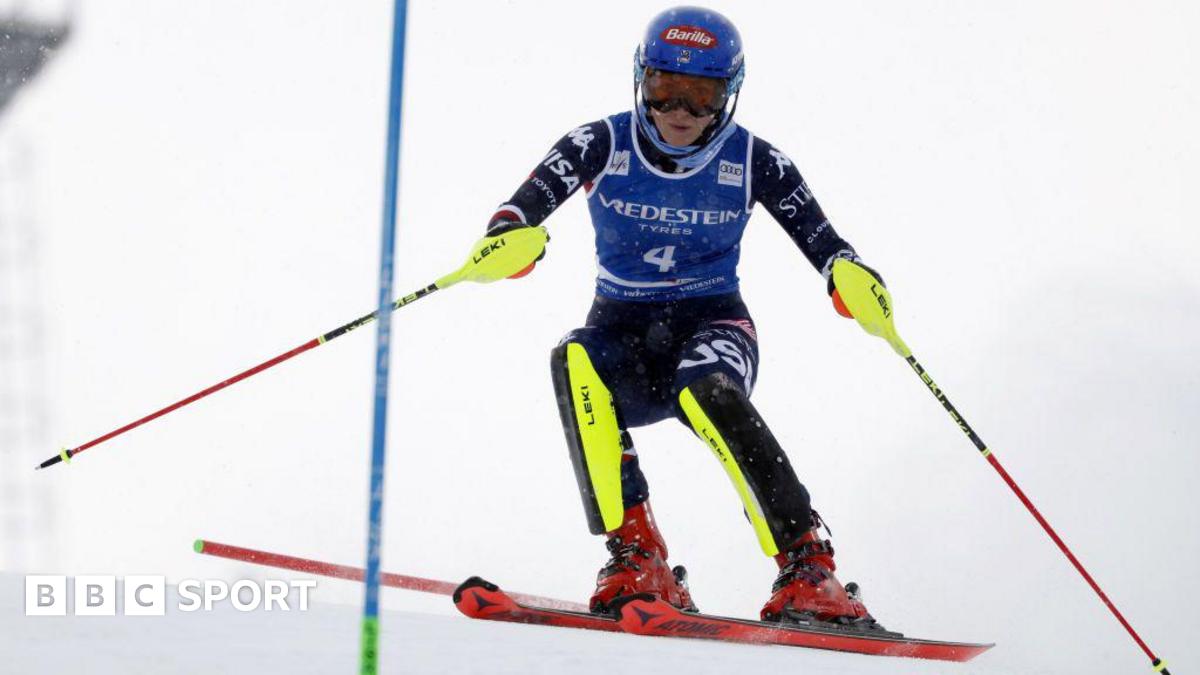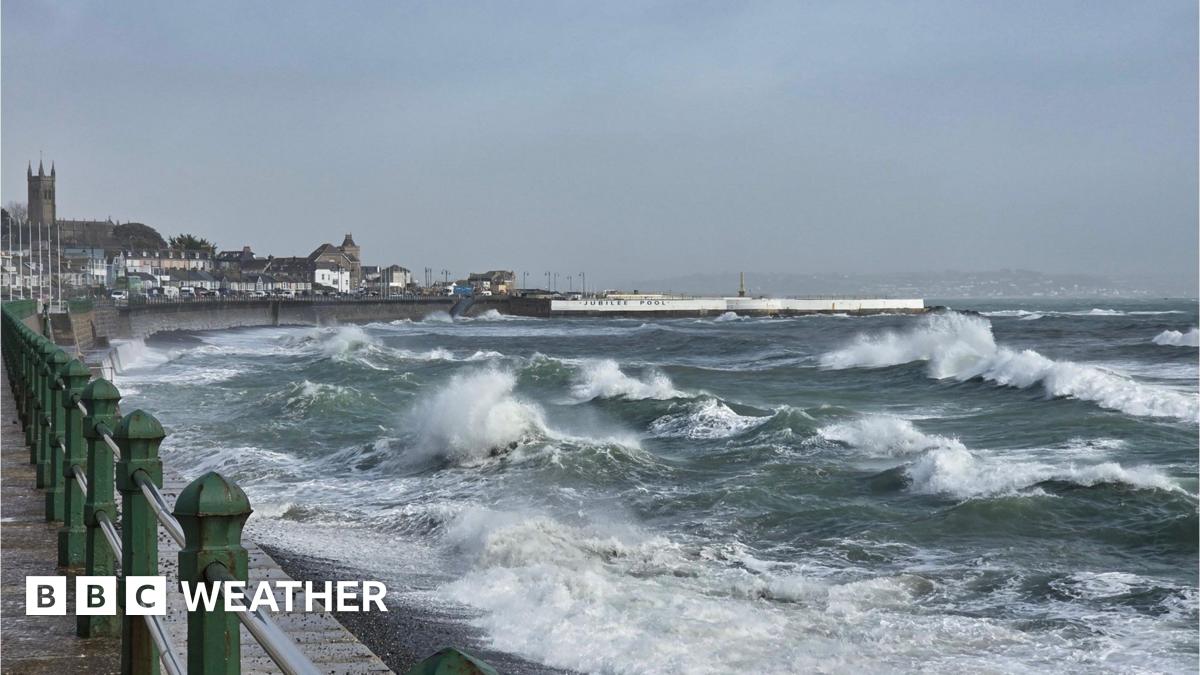Warning: This article contains details that some readers may find upsetting.
Second chances do not come around often. Terrance McKinney is one of the fortunate ones.
The UFC lightweight not only got a second chance at fulfilling his goal of becoming a professional athlete, but he also got a second chance at life.
A two-time Washington State high school wrestling champion, American McKinney continued to flourish at college and was ranked number one for his age group in the United States.
But the dream of representing his country at the Olympics came crashing down in 2015 when, fuelled by a cocktail of drugs, his heart stopped twice.
"It was one of the worst nights of my life but I won't let it define me," McKinney, who faces Esteban Ribovics in St Louis this weekend, told BBC Sport.
McKinney had taken acid, mushrooms, marijuana and alcohol and was discovered by Washington Spokane Police officers. He was shirtless with blood coming from his neck, arms and torso after falling through a window.
The 29-year-old recalls "seeing demons" and, in a state of delirium, yelled "I'm so powerful" at officers, who had to use a Taser to subdue him.
Eventually, McKinney was moved to an ambulance for treatment and it was on the way to the hospital that he 'died' twice but was resuscitated.
"I wasn't sure what happened," McKinney said.
"It felt like I was waking up from a dream."
That night would prove to be a turning point for McKinney.
He spent the rest of the summer back at home with his mother and had time for deep reflection as he considered his next steps.
"I had to figure out what's more important," McKinney said.
"I think I was the first person to be 21 and grounded for the whole summer. That really helps you lock in.
"I blocked out my friends for a little bit and just stayed around my family because people always want to put their family to the side but, at the end of the day, when it really gets down to it they're the only ones gonna be there."
McKinney avoided any criminal charges after meeting officers from the police department to apologise and thank them for saving his life.
He also agreed to join the Youth Police Initiative programme, visiting high school children and warning them about the dangers of drugs - something he continues to do to this day.
"I just spoke at a high school in Texas before I came here. It was a huge honour just to motivate these kids and let them hear my mistakes," McKinney said.
"It just feels good for me because it's harder for kids to listen to adults. I still look young and I feel like they are able to listen and see where I'm coming from because of the way I look."
'All the pain... it just made it worth it'
McKinney did return to college but dropped out to pursue a career in mixed martial arts, making his amateur debut in 2016.
He turned professional the following year and, having won seven of his first eight fights, was on the verge of winning a contract when he appeared on UFC president Dana White's Contender Series. However, a second-round knockout loss sent him back to the regional scene.
Undeterred and unwilling to give up on his dream, McKinney won three of his following four bouts and jumped at the chance to fight at UFC 263, despite only getting the call a week before the event.
He beat Matt Frevola in just seven seconds, setting the record for the fastest knockout in UFC lightweight history.
"It was just relief, and just it was like just my whole life flashed before my eyes," McKinney said of the emotion he felt after that win.
"All the struggles, all the pain... it just made it worth it. All the sacrifice I had to make... all the hours of training.
"It's something that no-one can ever take away from me, just like my State [wrestling] medals, that will always be in history books, and that's something that I get to hold my head high on for the rest of my life."
It is almost nine years since McKinney had to be resuscitated by paramedics and he now has extra motivation to keep his life on a positive path.
"I've got a son and every day I can wake up and just smile - life couldn't get any better," McKinney said.
"He most definitely helped me to get buckled down and helped me get more serious.
"I want to be smarter because it's not really about entertainment any more - I've got to get the full cheque every time."
If you have been affected by issues raised in this article, there is information and support available on BBC Action Line.

 9 months ago
34
9 months ago
34
